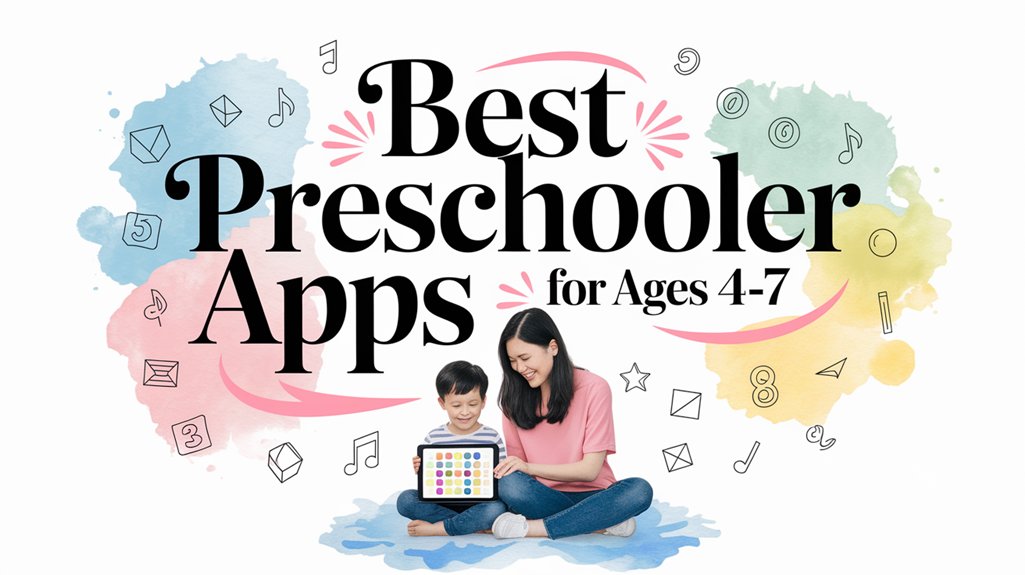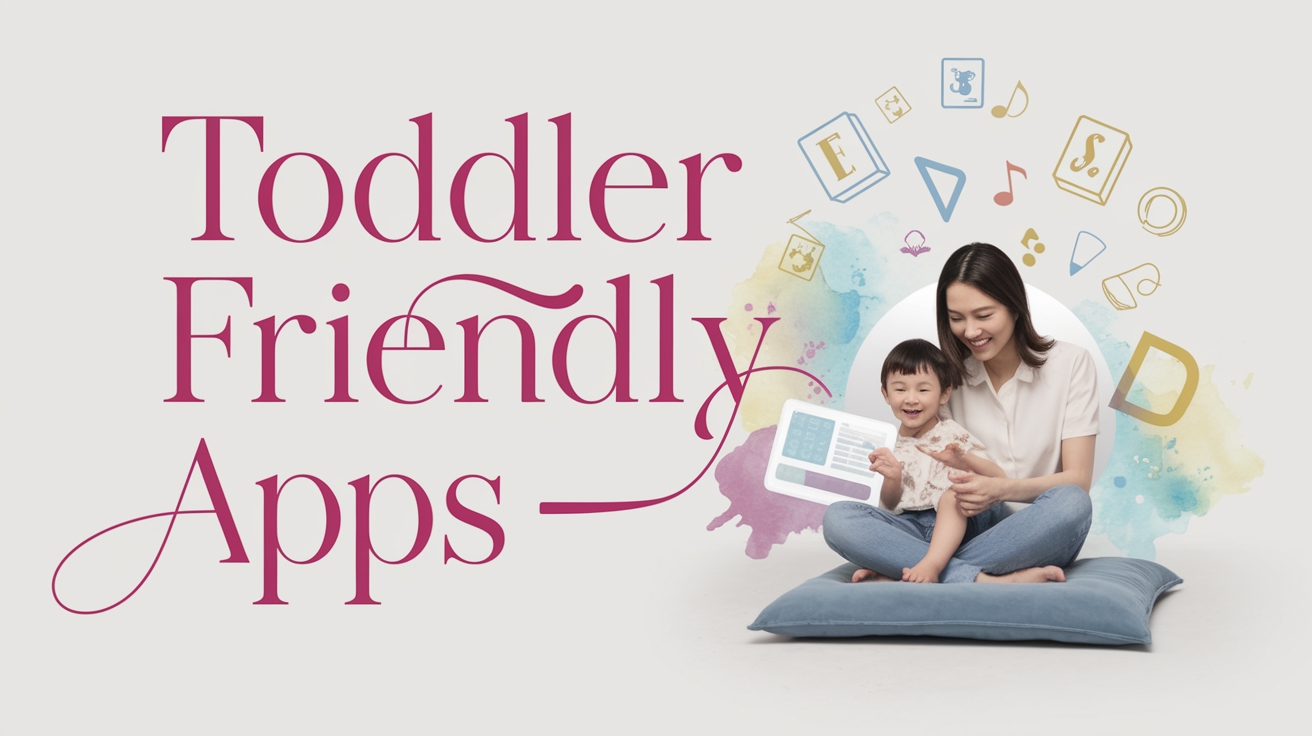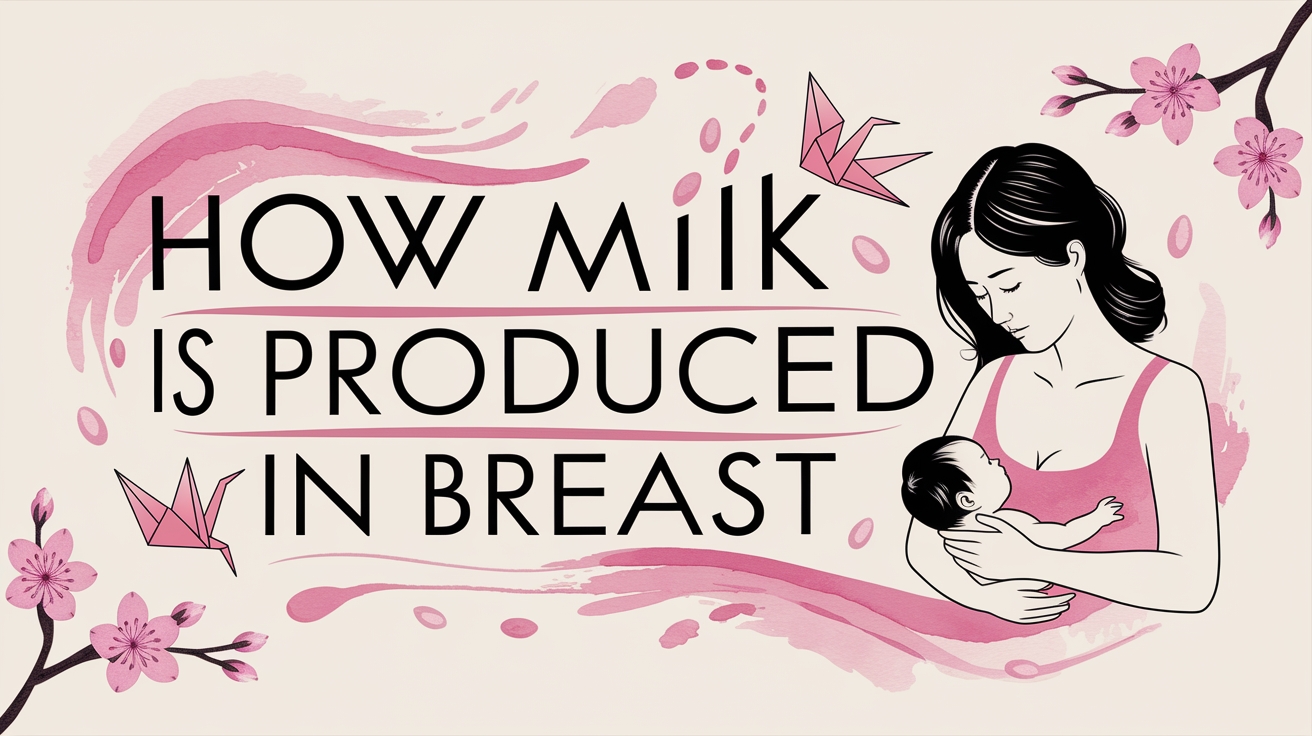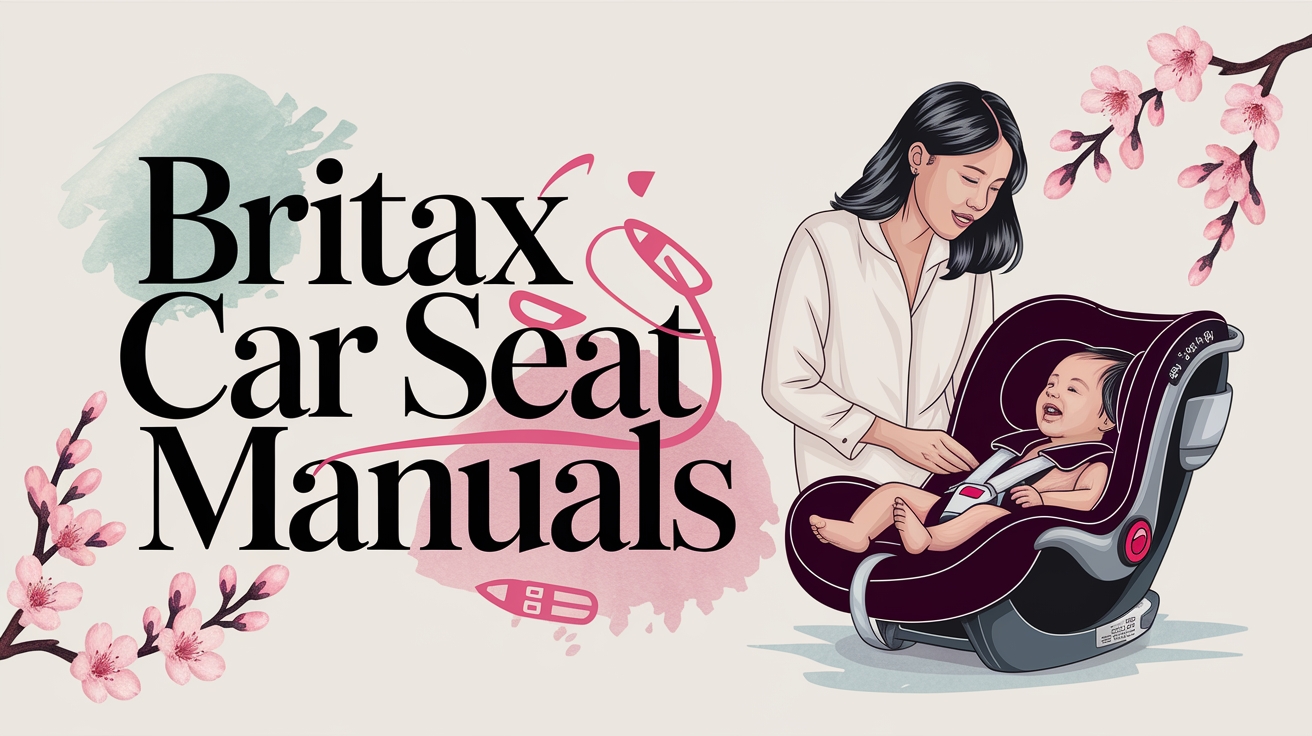The benefits of breast milk have long-term benefits for your child. It will not only affect them positively in the short term but also into your toddler and adult lives. Through this article, we will dive deeper into the many benefits you and your child will get from breastfeeding.
Breastfeeding your baby after six months has been shown to lower the chances of childhood and adult illnesses. In cases where illness does affect your baby, it can help them recover more quickly. One of the greatest benefits of breastfeeding is that the longer you continue, the longer your baby is protected from illness.
The World Health Organization (WHO) and the American Academy of Pediatrics (AAP) recommend exclusively breastfeeding newborn infants for the first six months and continuing to breastfeed up until 2 years old.
Why Is Breastmilk Best For Babies?

Above all, breast milk is best for babies because it provides the ideal nutrition for them. It contains all the necessary vitamins, protein, and fat to help your baby’s growth and development. Breast milk provides all that is in a form more easily digested than infant formula.
Another reason why breast milk is best is that it contains crucial antibodies that aid your baby in fighting off viruses and bacteria. It also helps lessen the risk of them developing asthma or allergies. Breastfeeding for the first 6 months exclusively shows a reduced risk of getting ear infections, diarrhoea, and respiratory illnesses.
Other core benefits of breastmilk for babies include:
- Builds your baby’s immune system
- Lowers your baby’s chance of getting SIDS (Sudden Infant Death Syndrome)
- Gives baby fuel and energy as they become more active
- Breastfeeding for one year means the baby is less likely to become overweight later
- Lowers their risk of getting heart disease as adults
For mothers, breastfeeding has the following benefits:
- Helps speed up the recovery period after birth by contracting the uterus
- Lowers risk of postpartum depression
- Lowers risk of ovarian and breast cancer
- Saves money on expensive formula
The benefits that breastfeeding brings extend well beyond their first year. Moreover, it also has health benefits for the mother and can increase the bond between you and your baby.
How Long Does the Average Woman Breastfeed For?
There are many recommendations and opinions on this, but ultimately the choice is up to you and your baby’s preferences. Some women choose to breastfeed only for a few weeks while others for many years, but the average woman breastfeeds for about 6 months to one year. For continued breastfeeding past one year, most mothers stop at two years of age. Biologically, babies start weaning at 2 to 4 years of age, so if you are comfortable with letting them wean naturally, it is not something to worry about.
When it comes to breastfeeding, there really is no right or wrong when it comes to the time period. So long as you and your baby are both comfortable, the length should not matter. The recommendations that you should keep in mind are for how long to breastfeed exclusively. Experts recommend this for 6 months, and after, continue breastfeeding while introducing complementary foods.
How Long Is Too Long To Breastfeed?

As mentioned in the last section, there really is no right or wrong when it comes to the breastfeeding timeline. So long as both you and your baby are comfortable, it all comes down to personal preference.
The Academy of Pediatrics recommends babies breastfeed until the age of one year and the WHO recommends up to 2 years or beyond. Such data is also subject to social norms around breastfeeding a toddler, but globally-excluding the US, Western Europe, and Australia- 46 per cent of infants are still breastfed at 2 years and beyond.
In conclusion to this, mothers should continue to breastfeed for as long as they see fit. Though society does play a role in determining this when it shouldn’t, we can start to see a more accepting public option for mothers who choose to breastfeed their toddlers.
What Role Does Breast Milk Play In An Older Baby’s Diet?
For babies past one year, the role of breast milk in their diet will depend on how much they drink. Generally, breast milk continues to support their dietary needs and supplement any missing nutrients or vitamins they need to stay strong and healthy. Children at this age should be balancing their meals among breast milk, formula milk, and solid foods.
Breastmilk will be the only source of nutrients for your baby during the newborn and infancy stages. This is because, if you are breastfeeding, experts recommend exclusive breastfeeding diets for up to 6 months of age. Once your baby reaches the past six months, you should start introducing them to solid foods. At this point, breast milk will start to become more of a supplement for them as you introduce more dietary choices to get their key nutrients. This way, your baby is getting a balanced nutritional diet.
The health benefits of breast milk for older babies will include the right mix of probiotics that keeps their stomachs and digestion running smoothly. Such is beneficial to prevent unwanted diarrhoea or constipation.
Are there risks to extended breastfeeding?
While the long-term risks of extended breastfeeding are only beginning to be studied, the overall challenge is more about social norms than anything else. If you choose long-term breastfeeding for your child, you might face judgment, and in such cases, you can search for like-minded parents to support you in your decision.
Critics have claimed that extended breastfeeding could be harmful to a child’s psychological well-being. It could make them needy, and dependent, and have trouble separating from their parents. In regards to this, there is no proof to support such claims. Actually, the American Academy of Family Physicians (AAFP) comments, “There is no evidence that extended breastfeeding is harmful to mother or child.” Rather, they say that it can actually lead to “better social adjustment.”
One thing to note with extended breastfeeding is the dependency your baby could have. This means they will want or demand milk when they want it. Sometimes, these steps are on the boundary of your comfort zone. In such cases, you may want to consider setting up a schedule for feeding or replacing breastfeeding with other forms of connection with your child. While their mental health and stand are important, you also need to consider yours and ensure your child also learns boundaries.
Adding It All Up

To sum things up, breastfeeding your baby is highly recommended. From birth until 6 months, it is best to do this exclusively. Past that, introducing other forms of dietary forms in addition to breastmilk will supplement their nutrients and help keep a balanced diet.
Breastfeeding has been shown to benefit both mother and child. From lessening the risk of illness and disease to aiding your child’s overall development, it can make a huge impact on both your lives. Socially, it is a form of comfort to your child and could be a way to help regulate their emotions.
Mothers should not concern themselves too much with “extended breastfeeding” so long as it is mutually desired. The longer you breastfeed, the longer your child is protected from unwanted infections or viruses. Plus, it helps boost their immune system.
Breast milk will continue to benefit your child well past nursing. Keep in mind that the natural weaning years are between 2 to 4 years, so it is perfectly natural to continue breastfeeding. It can be seen that breastfeeding also promotes a better connection with your child by sharing a bonding experience. As a mom, this is great because bonding with your child will be the most precious thing to you, especially as they grow older.







